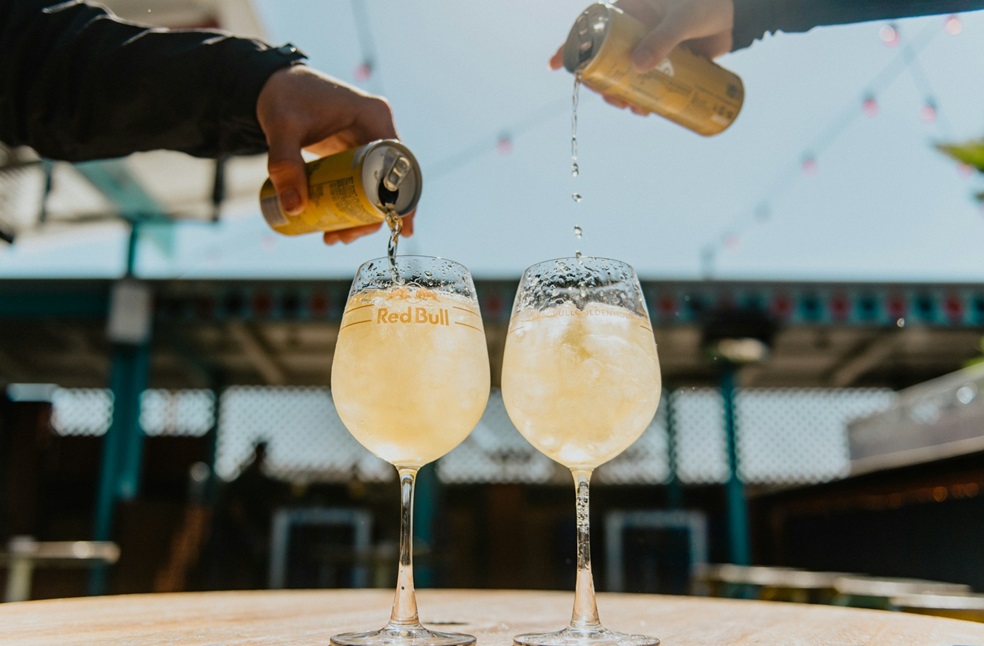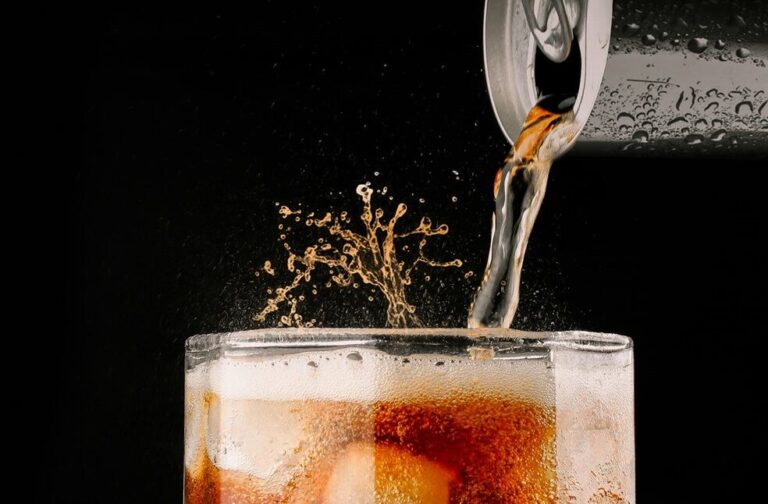Mixing alcohol and energy drinks can have significant and potentially harmful effects, particularly on cognitive function and brain development. Experiments with rats have shown that mixing alcohol and energy drinks can lead to long-term cognitive problems. This finding raises new concerns about the drinking habits of young adults.
A team from the Universities of Cagliari and Catania in Italy conducted the study using groups of male teenage rats that were fed energy drinks, alcohol, or a combination of the two. Then, up to 53 days after drinking, a variety of routine studies were conducted to evaluate cognitive function, including behavioural tests and brain imaging.
According to these tests, the animals that drank the mixed drinks exhibited long-lasting alterations in their memory and learning capacities, as well as modifications in the hippocampal region of the brain, which is in charge of learning and memory.

“Little is known about whether the combined consumption of these drinks, during adolescence, may have long-term effects on central function, raising the question of the risks of this habit on brain maturation,” write the researchers in their published paper.
It goes without saying that energy drinks and alcohol are common among young people for a variety of reasons, including late-night study sessions and partying. However, the results of this study suggest that these habits may be harmful in the long run.
It appears that the plasticity of the hippocampal regions may be impacted, which would limit the brain’s capacity to adjust and transform in response to novel stimuli and requirements. It is essential to the brain’s regular operation.

The rats who drank alcohol and energy drinks first displayed improvements in some brain measurements and functions, such as an increase in a protein that promotes neuron growth. However, these gains were short-lived, and as the rats grew older, their brain capacity decreased.
“Our results show that alcohol mixed with energy drinks consumption during the peri-adolescent period produces adaptive hippocampal changes at the electrophysiological and molecular levels, associated with behavioural alterations, which are already detectable during adolescence and persist in adulthood,” write the researchers.

Danny Howe on Unsplash | Cropped by BH
Human research is still required to validate these findings, and it is possible that the study did not fully examine the differences in hormone interactions between the sexes. However, the research indicates that worries about energy drinks’ potential health effects are legitimate. Since alcohol itself has many negative health effects, it makes clear that combining the two in any major amount is not the wisest course of action.
The quantity of alcohol consumed by the young rats was comparable to binge drinking, which is a habit that seems to be growing among young people in humans. The researchers now wish to see more research done to determine any potential effects.
“Overall, the analysis of the whole set of data obtained strongly suggests that alcohol mixed with energy drinks, during adolescence, may have upshots that are not necessarily the sum of those observed with ethanol or energy drinks alone and permanently affect hippocampal plasticity,” the researchers cited.



